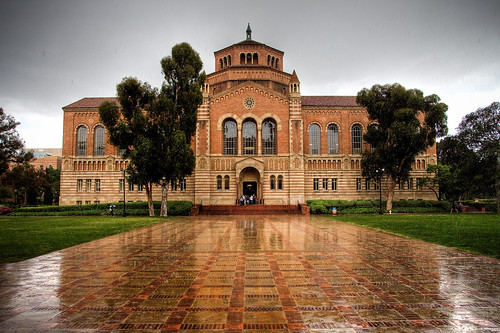Disclaimer: Best Book Buys is a client.

![]() photo credit: brainchildvn
photo credit: brainchildvn
LA CANADA, CA, August 10, 2009 –Over the next month more than 19 million college students will head back to college during the deepest recession of their families’ lifetimes. But, according to Steve Loyola, president and founder of Best Book Buys (http://www.bestbookbuys.com/), a leading online comparison shopping service for books and a service of Best Web Buys, students can save hundreds of dollars on their textbooks.
“Although times are certainly tough, today’s college students have so many choices for acquiring their college textbooks,” said Loyola. “By venturing outside their college bookstore, and going online, students can save hundreds of dollars on their textbooks.”
Loyola offers the following tips to save money on textbooks:
- Start now and order early. If you have your fall schedule and are away from campus, you can check to see if your professor has a syllabus online or can simply email your professors requesting the book lists. The lowest priced and highest quality used textbooks are most often found when supplies are at their highest.
- See if your school has a book swapping site. Just google the name of your school and book swap (e.g., “UCLA book swap”). Also, use Facebook to see if any of your friends have the book you need.
- Check to see if the college library has your textbook available. If so, you might be able to read it at the library instead of purchasing it.
- Use comparison shopping sites like BestBookBuys.com which search the Internet for your textbooks across thousands of sellers. BestBookBuys compares the cost of more than 6 million book titles and also enables consumers to compare the costs of books via their cell phones at http://m.bestbookbuys.com/ .
- Compare the costs of buying used, new and international textbooks against the price of renting textbooks or electronic textbooks. When you compare costs, also factor in the amount of money you might get to sell your textbook at the end of the semester. If you rent, you will not recoup any of your purchase. In addition, renting a book requires returning the book in good condition or you will be required to purchase it at the end of your rental term. Also realize that semester, quarter, and summer rental periods usually refer to a certain number of days (e.g., 125, 85, 60). Even if you are on a semester schedule, if you only need a book for part of the semester, save money by choosing the quarter or summer rental if that’s long enough for your needs.
- Consider buying an international edition. An international edition may have a paperback cover instead of a hardcover and may have different text or graphics than the U.S. version. Before purchasing any alternate edition, check the seller’s website to confirm that the book has the same content as the U.S. edition.
- Check availability and shipping time before ordering. Buying from the least expensive seller is probably not a good deal if the book isn’t immediately available.
- Check for store coupons and free shipping offers. Google the store name and coupon (e.g., “Amazon coupon”).
- Before ordering, check out the store’s reputation and return policy. You want to make sure the store will accept returns and that the store provides ample time to return your books in the event you change classes.
- Don’t forget to sell books back when the semester is over. Best Book Buys has links to participating online bookstores that buy textbooks at http://www.bestwebbuys.com/books/buyback.html